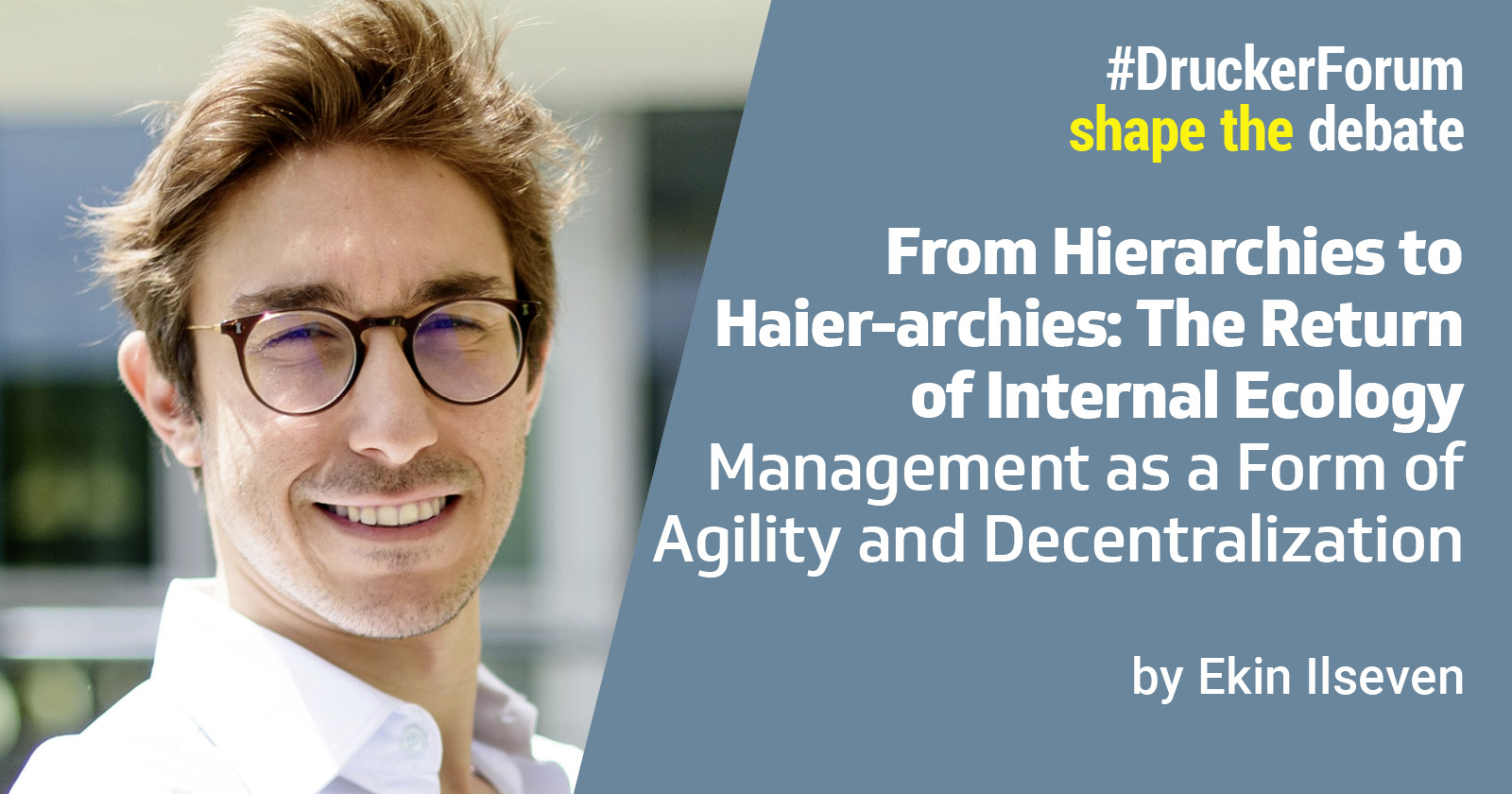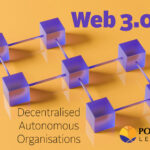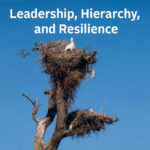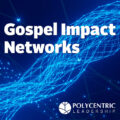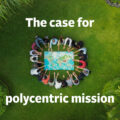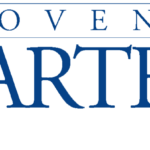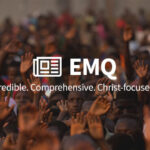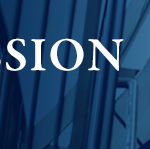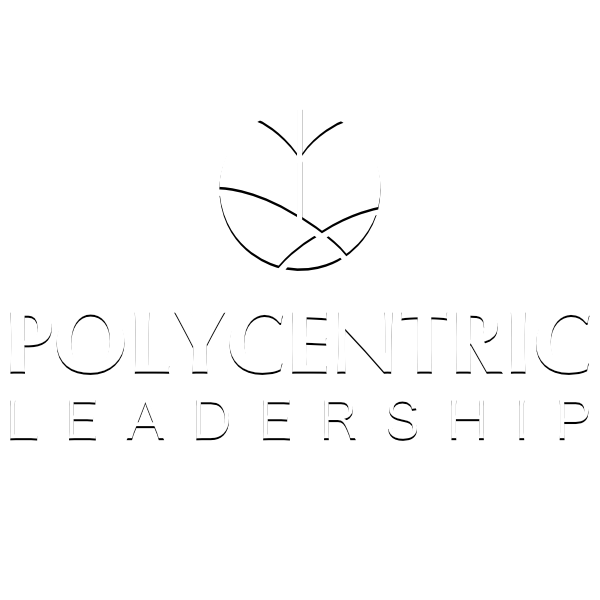GUEST POST BY EKIN ILSEVEN
At the World Management Agility Forum that took place in Lisbon in September, a panel of founders and managers of successful decentralized companies shared their insights. Lars Brüning described how chemical giant Bayer is undergoing full-scale restructuring, defying the organizational charts that are at best matrix-shaped: he visualizes each department as a cycle that self-manages itself, setting its own goals, strategies, and plans. The focus is on consumer experience.
Doug Kirkpatrick, CEO of D’Artagnan Advisors, recounted the story of the birth of tomato processor Morning Star. From day one, the company was built on two principles – deliver on your commitment, and no human can apply force to another. With only 500 employees empowered to take initiatives ranging from tool purchase to process innovation, Morning Star has become one of the largest tomato processors in the world, featuring as a prime case study in a 2011 Harvard Business Review article by Gary Hamel.
Andrew Holm and Julian Wilson at the UK’s Matt Black Systems developed a radical alternative approach to turn their company around a decade ago. There are no managers; in a framework built on ‘responsible autonomy’, every employee is his or her own entrepreneur with their own skill-task assignments, P&L and balance sheet, and each is rewarded according to their net value added. As outlined in their description of the system, the results have been remarkable.
Does the focus on consumer experience, micro-organizations operating through established digital contracts, value-added-based rewards, and strong role definitions, remind you of a certain company? These are the flesh and blood of Haier, the Chinese appliances manufacturer. For the regulars of this blog, Haier is a prime example of how organizations can achieve a very high level of parallel innovation by decentralizing into a constellation of ecosystems. These are formed of a myriad of microenterprises focused on customer experience, supported by a strong system of formal checks and balances and informal values of cooperation and culture. At 2023’s Global Peter Drucker Forum, Yannick Fierling, former CEO of Haier Europe, gave us insights into how the Haier model of work organization and culture has added so much to the company. The transformation was by no means easy, yet it has paid off.
Look to internal ecosystems
In the spirit of Peter Drucker’s emphasis on the balance between continuity and change, it is time to look for continuity in the wake of a call for change. The clue lies in the concept of internal ecosystems. Stanford’s Prof. Robert Burgelman has conducted a long series of studies of internal ecology at chipmaker Intel Corporation, which in some ways succeeded and in others failed to adapt in the years from the 1970s to 1990s. Variation, selection, and retention are mapped on to the lack of incremental and disruptive innovation in the company. Ironically, the eclipse of Intel today is a strong contrast with its dominance in the 1980s and after. Similarly, Professors Charles Galunic of INSEAD and Kathleen Eisenhardt of Stanford made a detailed study of a large Fortune 100 technology company in 1990s, anonymized as “Omni Corporation”. Omni consists of near-autonomous divisions matched with “charters” for product-market areas: Divisions either create new charters or compete for existing ones to deliver better performance. Failing charters are taken under a “foster-home” division that gives them a second chance to succeed. They identify the co-existence of competition and cooperation built on foundations of economic and social rules as a key to keeping such an ecology alive. Building on the tradition of adaptation and selection in internal ecologies and beyond, Prof. Daniel Levinthal of The Wharton School offers unique perspectives in his book “Evolutionary Processes and Organizational Adaptation: A Mendelian Perspective on Strategic Management”.
Time to take the “organic organization” seriously
In the process of continuity and change, the Next Management is beginning to develop and transform itself and the management world, being ever more present in our conversations and practices. Revealed to the public on a snowy weekend in Vienna, the Next Management that arrived on a sunny weekend in Lisbon for the Agility Forum took on a fresh look as Drucker Forum president Richard Straub presented two significant novel elements: “Self-renewal capacity more than revolution”, and “Ecosystem more than single institutions”. Both of these draw inspiration from nature’s way of working. We talk a lot about industry, product, and service ecosystems, for instance, but we often overlook those within organizations. We neglect the possibility of creating an adaptive internal ecosystem that becomes the engine of the agile and resilient organization.
It is time to take the idea of the “organicorganization” literally and embrace variation, selection, and retention – the adaptive laws of nature and ecosystems – as we strive to make it a reality. This does not mean we should expose people to the stress of “survival of the fittest”, but we should have fewer scruples in the case of ideas, projects, and strategies. For that, we have to think more carefully how we can encourage people to identify success less with execution and more with meaningful innovation. Maybe Drucker’s idea of organized abandonment would be helpful here. Embracing nature does not mean training as a botanist or a gardener, aiming for the most beautiful flower, most delicious fruit, or tallest tree. Sustaining a healthy level of imperfect diversity is what keeps ecosystems and society resilient, adaptive, and innovative.
Ekin Ilseven

Dr. Ekin Ilseven is assistant professor of strategy and organizations at Católica Lisbon SBE. He investigates strategic trade-offs underlying the achievement of organizational resilience through a lens of complexity theory.
Website: https://ekinilseven.com
This article, which is reposted here with permission, was originally posted on November 8, 2024 at the Drucker Forum – https://druckerforum.org/blog/from-hierarchies-to-haier-archies-the-return-of-internal-ecology-management-as-a-form-of-agility-and-decentralizationby-ekin-ilseven/
